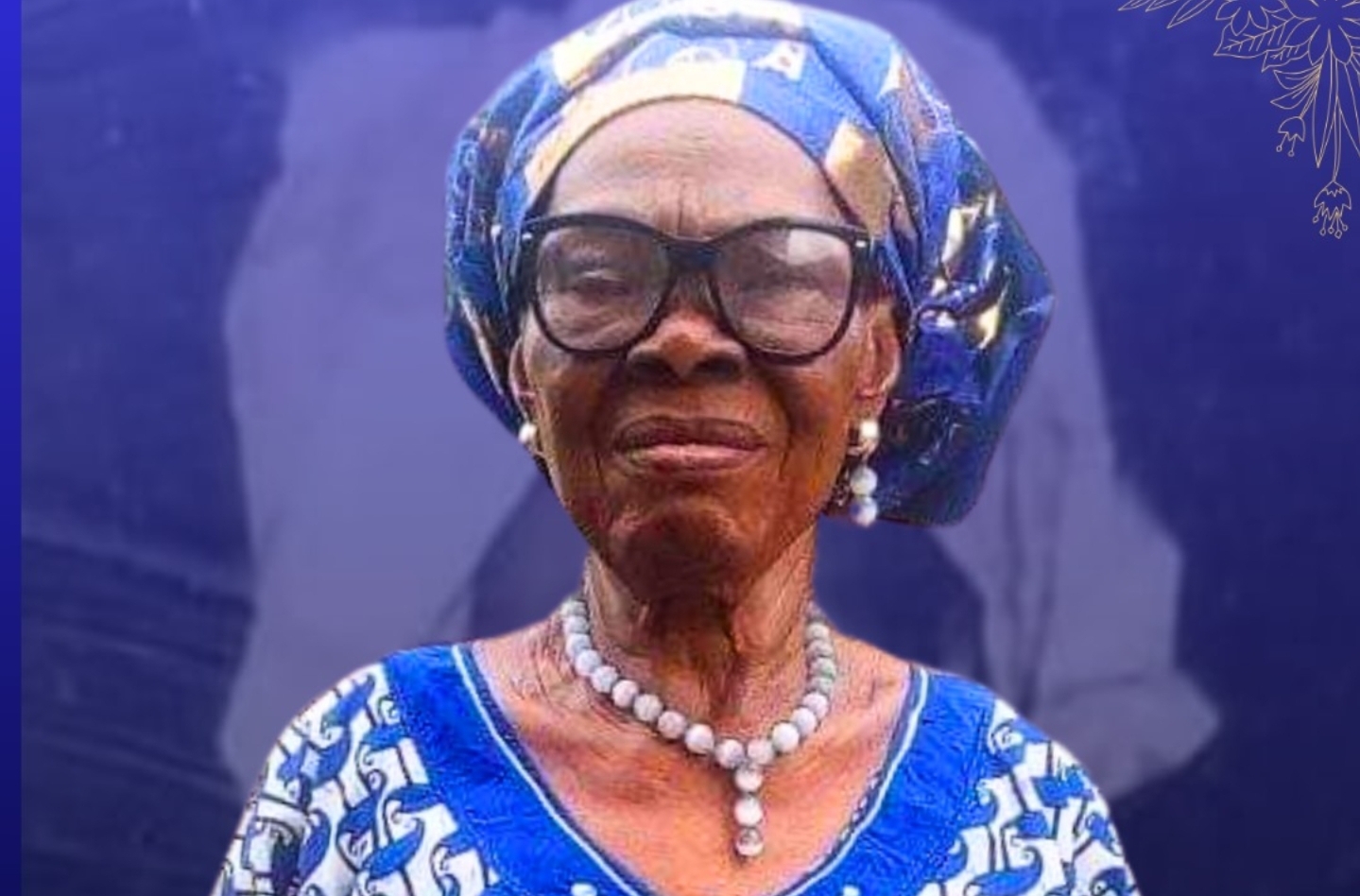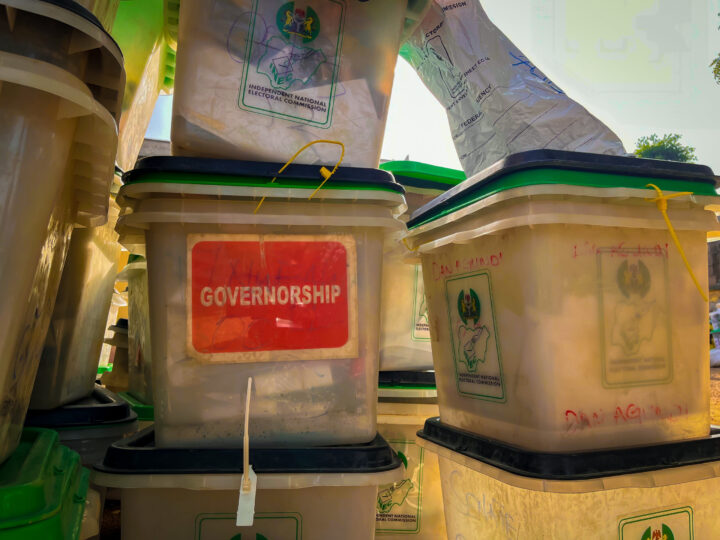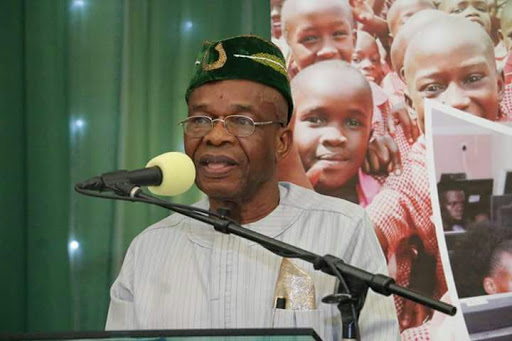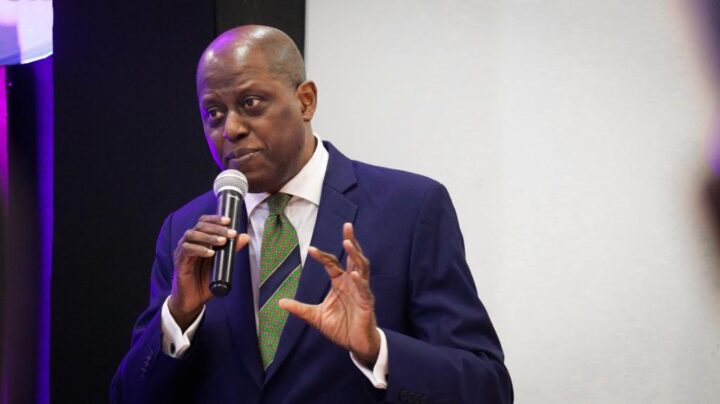The porcupine is a large rodent that is clothed with a thick coat of sharp quills and spines. The spines protect it from rampaging predators. When it feels threatened, the porcupine shoots the arrows of its spines at its assailants. These deadly quills pierce the intending attacker, allowing the animal to escape harm. So, in their confidence about the mystical powers at the beck and call of their kings, Yoruba say that when hunters talk about pursuing, capturing and gripping an animal to death with bare hands, that animal can never be a porcupine. Most likely premising their conviction on history and ancient practices, the people liken their traditional rulers to the porcupine and believe that the monarchy approximates its gallantry.
In the same way, wherever they expect gallantry and bravery but find cowardice and effeminacy, Yoruba respond with a feeling of disgust. One of their responses is captured in a saying that goes thus, “A Save Our Soul shout of ‘Help! Help!’ is a belittling cry that should never be heard from the mouth of an elderly; a hunter must never be found lamenting his pursuit by an animal”. In Yorubaland, age and hunting expeditions go hand in hand with bravery. So, they say, when you attain adulthood but are bereft of the paraphernalia of your age, you are as vulnerable and open to attacks and insults as a toddler. This, they express as “b’a o ni nkan agba, bi ewe laa ri”.
In Ekiti state last week, ferocious hunters laying siege to their kind of games pounced on their hapless porcupine victims, regardless of their perceived sharp quills and spines. They consequently roasted the animal for supper. As a clear marker of the resurgence of kidnapping in the southwest of Nigeria, on Monday last week, a group of daredevil gunmen ambushed and killed two traditional rulers – the Onimojo of Imojo, Oba Olatunde Olusola and the Elesun of Esun Ekiti, Oba Babatunde Ogunsakin. The third king, the Alara of Ara Ekiti, Oba Adebayo Fatoba, narrowly escaped with his life. He had been ambushed alongside the deceased monarchs. When the rodent – pardon me, the Alara – found an opening from the ferocious attacks of the kidnappers, he ran like a common grass-cutter fleeing a bloodthirsty trap. Providence had helped him escape.
Try to draw a mental imagery of that scene. You will have a sketched picture of Kabiyesi doing a Tobi Amusan in a 100-meter dash. His agbada flung hither thither, those unroyal apparels dancing a spirited Kiss Daniel Buga track on his body, Kabiyesi was probably reciting verses of the psalm, The Lord is my Shepherd, as he sped towards the embrace of the forest, his ears fluffing like a hare’s ears. Just imagine how the insignia of his monarchy, the beaded crown, must have spun off his head in sissy surrender as Kabiyesi sprinted towards an escape route.
Advertisement
The dramatic scene was followed, a few days after, by the killing of a retired senior military officer, the Olukoro of Ikoro, in Kwara state, Oba Aremu-Cole. He was shot dead last Thursday night by assailants. They had invaded his palace and whisked away his wife and two others.
Scholarly articles have tried to articulate why Yoruba revere their monarchs and probably why those monarchs have today lost those regards and respect. Reverence for royalties is centuries old. Not only were monarchs likened to deputies of the gods, but mystical and spiritual prowess were attributed to them. It was believed that no matter how genteel and meek you may be, pre-ascent into the stool of your forefathers, the moment you enter the monarchical coven called Ipebi for spiritual invigoration, you transcended the ordinariness of a mortal. Even if the Kabiyesi is as “jogolo” – brief in stature – as the soup of the Tapa, apologies to Ilorin musician, Odolaye Aremu, he is immediately invested with the prowess of a giant. God bless his soul, those days when I entered the ancient Oyo palace to confer with Iku Baba Yeye, Alaafin of Oyo, Oba Lamidi Adeyemi, a sudden fearfulness clambered up me, irrespective of our father-son relationship. If Oba Adeyemi then chose to meet you in that section of the palace that brimmed with age and power, you tended to hear ghosts and principalities whispering some unknown conversations in a spiritual tete-a-tete with God-knows-who. When Kabiyesi eventually appeared in his “jogolo” stature, you did not see Lamidi. His face was almost like the clone of a lion’s, you saw the dominance of the stature of his imperial powers.
The powers of kings were so venerated that their subjects feared them. That is why it was counselled that, you may maintain closeness with an Oba Alaye – the king who owns this world – but if that affinity spans seven meters length, in another breath, be far away from him by six meters breadth – “Sun m’Oba niwon egbeje, jinna s’Oba niwon egbefa”. This is because whoever is close to the king gets his anger.
Advertisement
So much hoopla that spans centuries has been made about the rituals of Yoruba kingship. Obas were seen as representatives of their people’s religion. Those religions have a pantheon of deities and ancient cults. The Obas were representatives of Sango, Obatala, Orunmila and other gods. They must propitiate at Sanponna (god of smallpox) shrines and were de-facto priests of the Oro cult. Myths were woven around Yoruba kingship to concretise and underscore their true answering to the cognomen of second in command to the gods. One of these myths is that kings do not eat in public and, second, they do not see corpses. In Oyo, for instance, you must remove your shoes before entering the palace. These myths all help to carve out the king as though sharing a perishable human body with the mortal man but is miles apart from the errant association with the flesh. Today, kings drink beer in public glare and eat like gluttons.
The ease with which Obas “open calabash” – commit what is called honorific suicide – in traditional Yoruba society also added verve to their perception as men of honour. In the old Oyo kingdom, according to Samuel Johnson, Obas were forced to open calabash whenever they were perceived as having sunk into ignominy. The Oyomesi (chiefs) could reject a ruling Alaafin if he was seen to be tyrannical, wicked, or embroiled in political intrigues or power struggles that unsettled the kingdom. The Basorun (head of the chiefs) communicated the rejection to him by presenting the Alaafin with an empty calabash. In some other cases, the calabash is stuffed with parrot eggs, followed by the pronouncements, “The gods reject you, the earth rejects you, the people reject you”.
In Olufunke Adeboye’s “Iku Ya J’esin”: Politically Motivated Suicide, Social Honor, and Chieftaincy Politics in Early Colonial Ibadan, (Canadian Journal of African Studies, 2007, Vol. 41, No. 2 (2007), pp. 189-225) we are told that politically motivated suicide was a common occurrence too in early colonial Ibadan. Furthermore, we get to know that the practice of political suicide, unlike the general perception, was not a twentieth-century development. It had its antecedents in 20th-century Ibadan politics. This was a politics marked by military “intrigues, machinations, and intense competition for public office and social advancement”. According to the author, in the space of a decade, three principal chiefs committed suicide in Ibadanland. They were Baale Dada Opadere (1907), Baale Irefin (1915), and Balogun Ola (1917). These suicides were committed because the Baales tottered on the brink of ignominy. Even in their deaths, such monarchs were still revered.
All these venerations and reverence have today died natural deaths. At what point did Yoruba kings lose their savour? Some scholars said this began as a result of continuous inter-tribal wars, as well as the spread of Islam in the 19th century. These myths were finally forcefully destroyed by the advent of colonial administration and Christianity in the late 19th and early 20th centuries. Stripped of all their myths and powers, Obas who were rarely seen, appearing to their people only on a few ceremonial occasions, began to assert themselves and could no longer hide themselves within their palaces. Human rituals that they did without any blowback now attracted murder charges in colonial courts. One such case was that of Oba Samuel Adeniran Asusumasa, Atewogboye 11, the 43rd Alaaye of Efon Alaaye in present-day Ekiti state. He was sentenced to death in 1949 for the killing, on January 10 of the same year, of a 15-month-old girl named Adediwura. British judge, Justice NS Pollad, consequently sentenced him and his accomplices to death by hanging.
Advertisement
Perhaps the greatest lifter of the veil of veneration and myths surrounding the stool of Yoruba kings was modernity itself. All attempts to civilize a traditional institution like the Yoruba kingship peeled off its coats of pride, respect and myths. Alakowe (educated) Obas who attempted to throw away all the traditional appurtenances of their ancient monarchies were responsible for this. In their modern appearances, conduct, and co-mingling with their subjects, Obas of post-colonial Nigeria showed that they were not any different from anyone else. Today, revered Kabiyesis even go to private parties in private homes and dance to disco music.
The greatest blow to traditional rulership came from the method of their selection today. For fees, we are told that those who crown them bypass sacred rituals necessary before their ascension to the stool. Christianity and Islam also play pivotal roles in destroying that ancient practice. One such practice used to be that intending Obas ate the hearts of their deceased predecessors.
In an interview in 2018, Araba Awo of Osogbo and prominent Ifa High Priest, Ifayemi Elebuibon, underscored the danger of neglecting traditional ritual processes in kings’ coronations: “(It) is the most important aspect of coronation”, he said. “Any Oba who did not allow such rites to be performed for him is not different from an ordinary citizen. Such a person is not an Oba in the real sense of it. The rituals of coronation are what makes them superior to the ordinary people in the town. They must go into seclusion, learn so many things, and communicate with their ancestors and they will be taught so many things. Even the crown is sacred; it is not an ordinary cap. These rituals are very important and they differ from town to town… But it is important for anyone who wants to ascend the throne to go through them. He should communicate with his ancestors; the owners of the land. His safety is attached to these rites; his life is protected by Olodumare (Supreme creator), who ordained it. These rituals are what make an Oba become a real Oba; otherwise, he is no more than an ordinary citizen. After the rituals, the Oba himself will know that he is no longer an ordinary human being but someone who has been transformed”.
Syncretism is the reason for the collapse of Yoruba Obaship today. The infiltration of traditional institutions by those who worship foreign gods has fouled up the Yoruba monarchy. Obas want to worship Allah more than the Arabs, worship Jesus more than the West and consign the worship of their forefathers into the dustbin. The other day, one Oba, at The Redeemed Christian Church of God service, introduced himself as “Oba, Assistant Pastor” or whatever. Don’t they say that the “ogberi” (non-initiates) should never dive into the river or else the flow will drown them? If you cannot stand the ancestral worship of traditional kingship, why don’t you stick to the pulpit and allow those who can do it? The greed in coveting the majesty, clout and powers of traditional stools has ensured the infiltration of foreign god adherents. They lobby to become kings but today, they have almost totally discredited and destroyed the aura and verve of that stool.
Advertisement
The truth is that Yoruba have an ancient monarchical system of centuries-old whose practices needed to be sustained for the good of the land. In the early 1970s when cholera hit Egbaland, leading to intermittent deaths, aside from medical help administered to stem the tide, Oba Oyebade Lipede, the Alake, caused rituals, the kind administered by his forefathers, to be made in all the four corners of Egbaland and the scourge abated immediately. When Obas die, there are rites administered to them. In the Araba’s voice, “The rites are very important. Yoruba have a way of burying their Obas and even ordinary people. These rituals they perform are not usually for the dead Obas, they are for the safety of the family and the next … so that there won’t be deaths in quick succession. They are done so that the successors of the late monarch won’t be dying prematurely, one after the one”.
Yorubas were thus scandalised when, in 2018, one of the oldest Yoruba Obas, Awujale of Ijebuland, Oba Sikiru Adetona, asked that monarchs in Ijebuland should be buried according to their religious beliefs. The state legislature also abetted this boldfaced traditional deceit by passing it into law. The legislative assent given to this huge sacrilege was a stab in the back of a tradition and institution that brought Obas onto the stool. If you want to be buried as a Christian or Moslem, don’t veer into the traditional stool. It is one of the causal factors of the worthlessness of traditional stools today. I remember taking up Oba Adeyemi on this before his departure and he was furious with the Awujale. “The Oyomesi know what to do with my body when I die,” he replied.
Advertisement
Alien predators and destroyers are today stalking Yorubaland like a pestilence. They pluck ripe and unripe fruits of the land; they murder kings and abduct people, killing us for their sports. The kings are helpless, and wailing. The kings have no idea of what to do because most of them are usurpers who ascended the throne due to warped political influences. They have no knowledge nor ideas of who their people are, their past and history. What did their forefathers do when devilish immigrants – atohunrinwa– inflicted similar pains on them decades ago? These ones have no single clue because they are disconnected from their roots and their forefathers.
Those kings killed like ordinary rodents in Ekiti and Kwara states are like many other Yoruba kings who climbed to the stools of elders but have no wherewithal of elders. A king is no king if he has no mystical powers, to protect himself and his people from assailants. Such kings are not porcupines which have inbuilt weaponry to attack their assailants but ordinary hapless rodents. They lack the gallantry and bravery that Obaship requires. They may be old and occupying the stools of elders, they are bereft of the paraphernalia of the position they occupy. It is why they are vulnerable and open to attacks, with their assailants harvesting them like game for supper.
Advertisement
Views expressed by contributors are strictly personal and not of TheCable.







